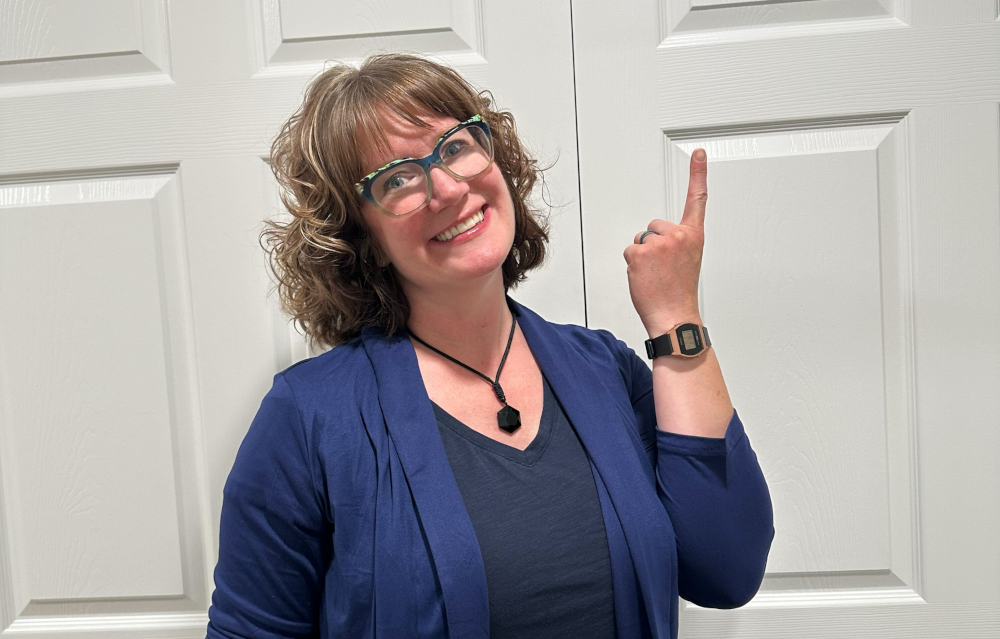Sciota, Pennsylvania
Taking your child to their first dental visit might seem like a daunting task, but it’s an essential step in ensuring their lifelong oral health. At Quiet Valley Dental, we understand the significance of this milestone, and we’re here to guide you through the process. Keep reading, as we’ll explore why it’s crucial to initiate your child’s dental journey early, emphasize the importance of baby teeth, and offer insights on how to prepare your child for a successful and enjoyable first dental visit.
When should your child first see the dentist?
The American Academy of Pediatric Dentistry recommends scheduling your child’s first dental visit when their first tooth emerges, or no later than their first birthday. While this may sound young to place your child in a dental chair, please rest assured that we won’t be conducting any dental quizzes or lectures about flossing – at least, not with your child (we might still have a word with you, though). During this initial visit, your child can comfortably sit on your lap as we take a gentle peek inside their mouth. This allows us to perform a comprehensive examination, apply fluoride if necessary and assess any future appointment needs.
Moreover, the first dental visit provides an ideal opportunity to engage in a meaningful conversation with you, the parent. We can discuss various aspects of your child’s oral health, including the development of their teeth, oral care recommendations, dietary habits, and what steps to take in case of dental trauma. Our primary aim is to create a calm and informative atmosphere during the first visit. This approach helps establish a positive and comfortable dental experience for your child, setting the foundation for a lifetime of excellent oral health.
Why are baby teeth so important?
One common misconception among parents is that baby teeth, also known as primary teeth, don’t matter because they eventually fall out. However, this couldn’t be further from the truth. In reality, baby teeth play a pivotal role in your child’s overall oral health and development.
Here’s why baby teeth are vital:
Most children do not lose their last baby tooth until at least the age of 12 or sometimes as late as 14. It’s essential to maintain the health and integrity of these teeth during this time.
Healthy baby teeth are crucial for proper chewing, ensuring your child receives adequate nutrition. They also contribute to clear and effective speech development.
Baby teeth serve as guide markers that instruct the adult teeth on where to emerge correctly. Decay in a baby tooth can disrupt this process and lead to orthodontic issues.
Ailing baby teeth can cause pain and infections, which can extend to the underlying adult teeth, affecting their long-term health.






